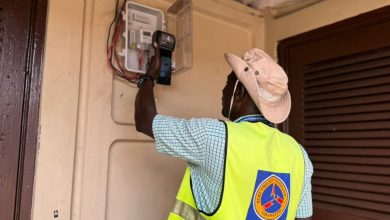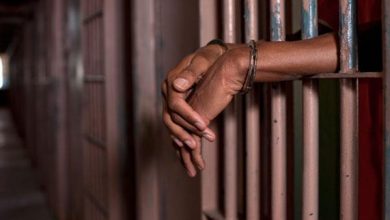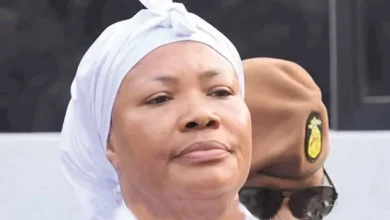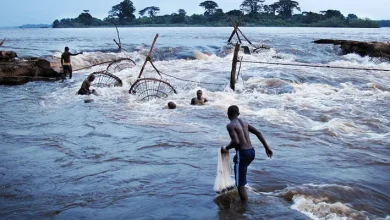Energy Ministry: Ghana secures 450,000 barrels of crude oil to tackle power outages
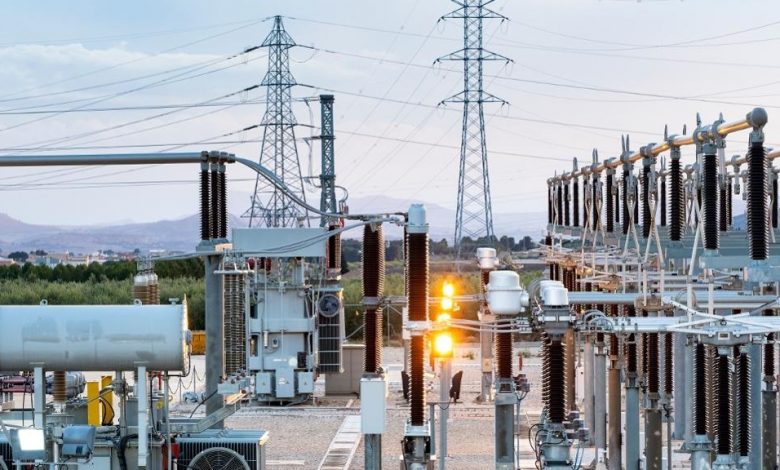
Ghana’s ongoing struggle with erratic electricity supply — popularly known as dumsor — is once again making headlines. The procurement of 450,000 barrels of crude oil to power thermal plants offers short-term relief, but also raises critical questions about the country’s energy planning, fuel diversification, and long-term sustainability.
According to Richmond Rockson, spokesperson for the Ministry of Energy, the crude shipment is expected to arrive between May 16 and 17, aimed at stabilizing supply at a time when the country is facing mounting public pressure due to rolling blackouts.
Short-Term Impact: Bridging the Fuel Gap
The crude oil delivery is intended to immediately power thermal plants such as those in Tema and Aboadze, which are heavily reliant on light crude or natural gas. With Ghana’s hydropower stations like Akosombo Dam operating below capacity due to low water levels, thermal plants have taken on more burden — often without adequate fuel reserves.
This shipment will:
Restore some level of generation stability.
Allow grid operators to avoid unscheduled load-shedding.
Temporarily suppress political and social pressure on government and energy officials.
But this also underscores Ghana’s growing dependency on emergency interventions, which are financially and logistically unsustainable over time.
Cost Burden & Financial Risks
Crude oil procurement is not cheap, especially in the current global energy market. This emergency purchase will likely:
Increase the financial strain on the Electricity Company of Ghana (ECG) and the Volta River Authority (VRA).
Lead to higher subsidies or tariff adjustments.
Possibly delay payments to Independent Power Producers (IPPs), many of whom are already owed millions.
There’s also the foreign exchange pressure, as Ghana must make such purchases in U.S. dollars — a difficult ask amid cedi depreciation and fiscal tightening.
Structural Concerns: A Reactive Pattern
This is not Ghana’s first emergency crude intervention, and it likely won’t be the last — unless structural reforms are pursued. The cycle has become familiar:
Fuel shortage hits.
Load-shedding resumes.
Emergency fuel is procured.
Temporary stability returns — until the next crisis.
This pattern reflects:
A fragile fuel supply chain.
Inconsistent natural gas flow from Nigeria via the West African Gas Pipeline.
Insufficient investment in renewables and storage infrastructure.
Where Is the Energy Transition?
Ghana’s long-term energy security must consider:
Investing in solar and wind capacity, especially in the Northern and Coastal belts.
Enhancing natural gas infrastructure and storage.
Improving transmission efficiency to reduce technical losses.
Creating fuel reserve buffers for thermal plants to avoid panic purchasing.
Moreover, a national dialogue on energy independence, consumption behavior, and efficient grid usage is urgently needed — especially as demand continues to outpace supply.
While Richmond Rockson’s announcement may calm tensions in the short term, the question remains: Is Ghana fixing the problem or managing the symptoms?
The government’s ability to anticipate energy shocks, diversify its fuel sources, and reform the power sector will ultimately determine whether Ghanaians can enjoy consistent power — not just next week, but for the years to come.

